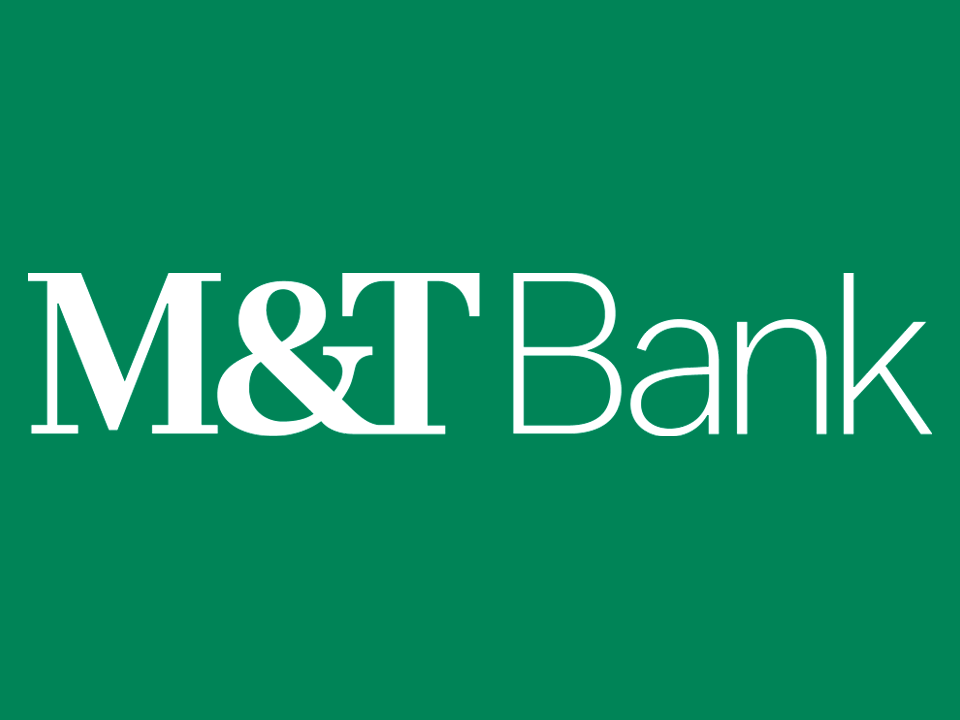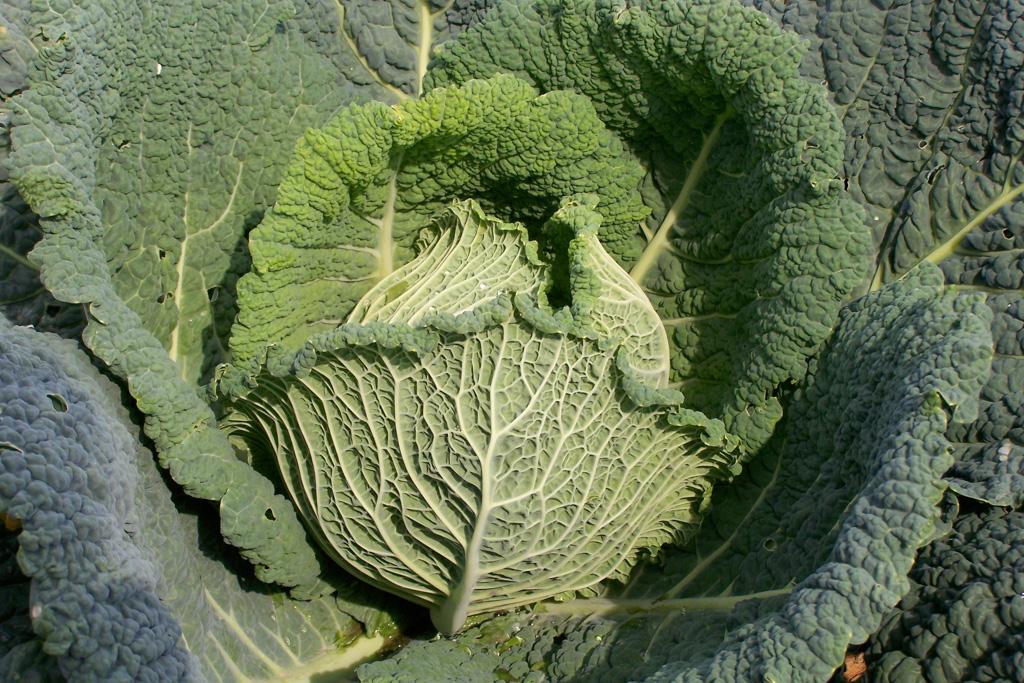April 8, 2025
NOFA-VT is pleased to announce that we have awarded our sixth annual round of Resilience Grants to fund projects that will improve long-term resilience on farms and in communities across Vermont.
We received 135 applications and $690,577 in requests from farmers around the state, marking a 52% increase in requests from 2024. Ultimately, we awarded 33 grants, benefiting a total of 37 producers, including multi-farm projects, totaling $156,450.40 in awarded funds.
These grants were split into Two Tiers ($1-$2,000, and $2,001-$5,000), with six (18%) awards falling in the lower Tier 1, and 27 (82%) into Tier 2. Twenty-one (64%) of the grants were awarded to farm businesses that are Black, Indigenous, and People of Color (BIPOC)-led, LGBTQ farmer-led, and/or disabled farmer-led, with thirteen (39%) of our recipients identifying specifically as BIPOC.
We continued to learn this year about how farmers define resilience and saw the continued intense need for flexible funding, often not available through other grant programs. Especially following the recent myriad of federal funding freezes to USDA programs, farmers were in dire need of direct & quickly accessible forms of funding to promote the resilience of their operations.
Themes
We saw some of the same strong recurring ‘resilience’ themes from past grant rounds, including:
- Soil health building practices such as organic fertility inputs, investment into cover crops, and rotational grazing infrastructure.
- Community-building projects such as subsidized workshops and skill-shares, and developing educational opportunities on farms.
- Water-focused projects, including the installation of rainwater catchment fertigation systems, purchasing earthmoving equipment to facilitate work that will reduce soil runoff and other flooding impacts, and investing in energy-efficient irrigation infrastructure.
- Infrastructure development, such as building covered growing spaces, repairing damage caused by flooding, and enhancing regional milk hauling capacity for small ruminant dairies.
- Economic viability improvements, including post-harvest storage projects, building farm stands for expanding markets, and accessing equipment to launch new ventures.
In this time of increasing financial and societal uncertainty, it is clear that the Resilience Grant program affords farms the opportunity to continue investing in the social & economic viability of their rural communities.
Grant Process
We continued our participatory grantmaking process for these grant awards. We had a transition of two of four seats on the Review Committee, and continued to build upon the strong working relationship and rapport built by the committee last year. This committee of farmers and farmworkers meets one of our goals of increasing participatory democracy within our organization and shifts power into the hands of those we are in service to. The committee members were compensated for their time. We are committed to ensuring at least 50% of this review committee’s members are BIPOC farmers or farmworkers and we met that goal. The committee ultimately determines what projects have the biggest potential to bolster resilience on farms and in communities. This process itself included many deliberate conversations, and a thorough review of the application and revamping of our review rubric.
Funders
This year’s Resilience Grants were funded with donations to the NOFA-VT Resilience Fund as well as generous support from Canaday Family Charitable Trust, Lawson's Finest Liquids, M&T Charitable Foundation, One Hive Foundation, and WaterWheel Foundation. If you're interested in supporting the resilience of local farms, please consider donating to our Resilience Fund today.
 |  |  |  |  |
2025 Resilience Grantees
Abolition in Action Farms, Shoreham
This farm, which centers indigenous methods, native and diaspora seeds, and resource sharing, offers 90% of what they grow, and skillshares they host, for free. They will use funds to help facilitate a free skill-sharing retreat for Black trans folks, where workshops on organic farming, kind foraging, plant identification, plant propagation, eco-building, and more, will be offered to participants.
Ananda Gardens, Montpelier
This farm, currently in the midst of planting a large amount of fruit trees & bushes to diversify their vegetable production, will use funds to facilitate the purchase of a row mulching implement for their tractor. This will significantly impact the efficiency with which they are able to apply mulch, thus increasing the likelihood of success of their new enterprises.
Apple Tree Vermont, Northfield
This orchard and nursery will use funds to establish a rainwater harvested fertigation system, strengthening the resilience, reliability, and efficacy of water usage on their farm.
Back Roads Farm LLC, Cabot
This farm will use funds to build a wheelchair accessible, outdoor composting toilet and wash station to service their budding agritourism business.
Bottomless Well, Corinth
This farm, which regeneratively grazes goats on a 600-acre parcel of cooperatively owned land (and donates the meat free of charge to low-income, BIPOC, refugee & immigrant populations), will use funds to both make the farm more physically accessible for a farmer that has contracted Lyme disease, as well as begin the groundwork of forming a land stewardship collective to further explore communal tenureship models in the face of land insecurity.
Burlington Farmers Market, Burlington
This long-running farmers market will use funds to reduce vending fees for farmers facing economic hardship throughout the 2025 season. Subsidizing farmer fees will make their market more inclusive, while allowing farmers to keep more of their revenue on-farm.
By Hand Farm, Newfane
This flower farm, which after years of starting seeds in a basement is currently building a reliable seed-starting space inside a high tunnel, will use funds to add a number of needed improvements to their seed-starting infrastructure (a misting kit, inflation fan, Wi-Fi temperature sensors, roll-up side kit, etc.)
Circle Mountain Farm, Guilford
This farm, which has provided culturally relevant foods and medicine to Windham County residents of the global majority free of charge since 2020, will use funds to construct six low-tunnels and five commercial solar dehydrators. The tunnels will significantly increase their covered growing space & crop rotation potential, and the dehydrators will increase capacity to store their products. All construction will occur at skill-sharing events, broadening community knowledge & access to infrastructure.
Cloud Water Farm, Warren
Bear Roots Farm, Barre
Martin Family Farm, Williamstown
Mad River Botanicals, Waitsfield
These four farms will be using funds to purchase an excavator, that will be shared in common, to help navigate the ever-shifting climate and financial landscapes of these times. All farms have been afflicted by excessive rains and droughts these past 3 growing seasons, resulting in a regular need for intensive and expensive earth moving work. This equipment will allow the farms perform work such as trenching water lines and electrical lines, digging out foundation footings, preparing the ground for greenhouses and/or concrete slabs, removing storm debris, planting large trees, restoring stream berms, building swales, tending to driveways and roads, and more.
Dawn Land Farm, Barre
Flying Buffalo Farm, Wolcott
These two farms will use funds to build a walk-in cooler that will serve both farms and an emerging BIPOC producer cooperative in the region. This critical infrastructure will provide reliable cold storage for multiple small-scale farmers who currently lack adequate post-harvest handling facilities, enabling them to better serve their markets and reduce food waste.
Dig Dig Farm, Hinesburg
This farm, after losing access to a local farmers market in the 2024 floods and needs to develop new outlets for their produce, will use funds to convert an existing shed into an on-site CSA pickup location.
Diggers’ Mirth Collective Farm, Burlington
This cooperative vegetable farm, which has faced severe flood events in the last two years & has relied heavily on large turnouts of community volunteers to harvest large quantities of vegetables before extreme weather events, will use funds to to prepare an emergency flood harvest kits (comprised of harvest knives and totes) to be better prepared to host volunteers in the event of future floods.
Dorset Peak Sheep & Cattle Company, Danby
This farm, which recently sold its dairy herd to begin rotationally grazing sheep, will use funds to purchase a mobile sheep handling system, which will hugely increase the efficiency and safety of their livestock moves.
Eureka Organic Farm, Springfield
This farm will use funds to convert the main floor of their barn into a fully enclosed, insulated, four-season workspace. This will allow them to extend their farm stand season into spring and fall, ensuring a steady income despite unpredictable weather, as well as creating a space to host year-round community workshops and events.
Flying Dog Farm, Tunbridge
This farm, currently relying on a single farmers market for their sales, will use funds to turn an unused garage into a self-serve farm store and CSA pickup site.
Fresh Roots Farm, Sharon
In an effort to increase winter food production capabilities, this farm will use funds to invest in the repair and upgrade of three greenhouse field production structures, as well as install a small hot water heater in a propagation tunnel.
Green & Gold CSA, Sudbury
This farm, located in an area 30 minutes from the nearest grocer, will use funds to build a self-serve farm stand, radically altering local food access for their community.
Greywether Farm, Wolcott
This farm will use funds to purchase portable livestock panels & gates, to make conducting summer health checks on their flock of 80 Icelandic sheep (who rotationally graze remote satellite pastures without infrastructure throughout the season) much safer and more efficient.
Half Sun Half Sleep, Barnard
This farm, which rotationally grazes sheep across a broad swath of leased land in their community, will use funds for the purchasing & training of a herding dog to greatly increase the efficiency of their frequent rotations.
Heartsong Community Farm LLC, Ludlow
This farm will use funds to build a geodesic dome greenhouse that can serve as a place to start medicinal botanical seedlings and host community events.
Joe’s Brook Farm, St. Johnsbury
After suffering over $300,000 in crop loss due to floods in 2023 & 2024, this farm has been seeking ways to expand the resilience of his farming operation in the face of continuing high-precipitation events. After securing a lease to bring a new (& out of the floodplain) 2-acre field into production, they will use funds to develop an electric irrigation service, bury 300’ of water supply lines, and purchase an electric pump to efficiently irrigate the newly leased field.
Knoll Farm, Waitsfield
This farm, which has been grazing sheep for over 23 years, is hoping to expand educational offers around ecological pastoralism. They will be using funds to help facilitate “Sheep Camp”, a 3-day in-person, hands-on training in everything from grazing plans to producing meat, contract grazing for invasives, agroforestry practices, and business planning.
Lower Notch Farm, Bristol
This farm will use funds to build a walk-in cooler powered by a CoolBot, enhancing the resilience of their farm by improving crop storage, reducing waste, increasing sales opportunities, and allowing them to adapt to both market conditions and unpredictable weather patterns.
Mama’s Farm, Williston
This farm, which grows culturally significant vegetables for the 60 families that rely on The People’s Farmstand’s free shares, will use funds to cover a variety of operating costs associated with growing these crops, and subsidize the purchasing of these vegetables for New American families.
Maple Mountain Homestead, Milton
This farm will use funds to build a covered outdoor learning space, to support workshops on cultivating native plants, growing medicinal herbs, and food preservation.
Nomad Farm, Rockingham
This farm will use funds to convert their current static layer chicken production into a rotationally grazed system, thus increasing the health and productivity of their flock while positively impacting the soil health of their pastures.
Rocky Hill Farm, Westford
This farm will use funds to enhance their newly built farm stand by purchasing an energy-efficient glass-front refrigerator, a storage refrigerator for back stock, a point-of-sale (POS) system, display boxes, and a display rack.
Shepherd Moon Farm, Corinth
This farm, which is a LGBTQ-centered worker cooperative production dairy and creamery, will use funds to purchase an enclosed trailer that they will outfit with a bulk tank to haul milk (both their own and from neighboring farm partners) to their creamery.
Stone’s Throw Farmstead, Shrewsbury
After experiencing severe flooding in 2023, this farm will be using funds to hire a hydrologist and applied ecologist to assess the flood risk on their land, and design landscape features (berms, swales, buffers, ponds, etc.) to mitigate the impacts of future flooding in our production areas. Funds will also be put towards the implementation and earthmoving components of these designs.
Sustainable Solar Grazing, Shelburne
This farm, which rotationally grazes 400 ewes on 350 acres of leased land, will use funds to purchase additional handling equipment (gates, panels, chutes, etc.) to increase farmer safety, reduce livestock stress, and to match the growing production capacity of their farm.
Sustainable Woodstock Community Garden, Woodstock
This community gardening program will use funds to subsidize the purchase of seeds and seedlings for economically disadvantaged farms in the Upper Valley, as well as donating a significant portion of their grown produce to a local food shelf.
Tamarack Hollow Farm, Barre
This diversified organic vegetable farm will put funds towards the purchase of a used mobile home to serve as reliable farmworker housing for long-term employees that have struggled to find affordable housing in central Vermont.
Wild Ginger Farm LLC, East Fairfield
This farm will utilize funds to retrofit a space in their barn into a crop cold-storage room run by a CoolBot, greatly increasing their crop-storage capacity & subsequent market opportunities.
Learn more about Resilience Grants >

